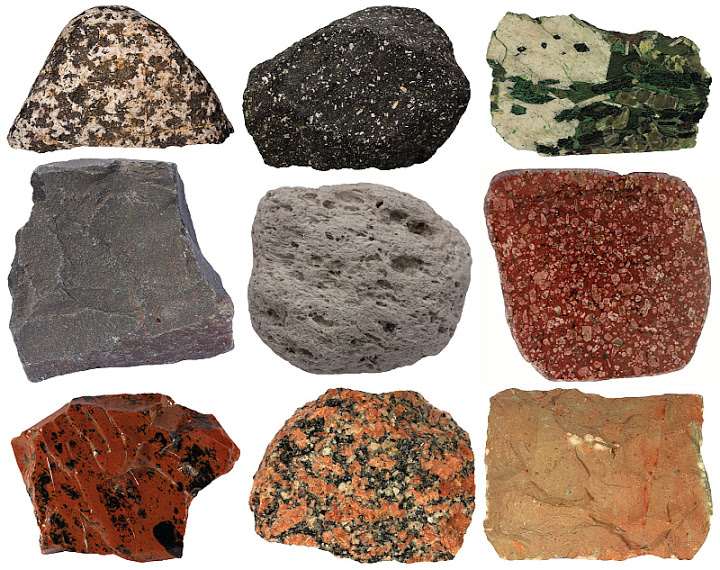The kidneys play a vital role in maintaining overall health by filtering waste products and excess fluids from the blood. To support their optimal functioning, it is crucial to provide them with the right nutrients, including minerals. In this blog post, we will explore the best mineral for kidney health, delving into its benefits, sources, and practical tips for incorporating it into your diet.
- Magnesium: The Unsung Hero for Kidney Health
Magnesium, an essential mineral, often goes unnoticed when discussing kidney health. However, its significance cannot be overstated. Magnesium aids in preventing kidney stone formation, reducing the risk of chronic kidney disease, and promoting overall renal function. - The Benefits of Magnesium for Kidney Health
- Kidney Stone Prevention: Magnesium helps inhibit the formation of calcium oxalate crystals, a common cause of kidney stones. It binds to oxalate in the digestive tract, preventing its absorption and reducing the likelihood of stone formation.
- Blood Pressure Regulation: Adequate magnesium levels contribute to maintaining healthy blood pressure, reducing the strain on the kidneys.
- Anti-inflammatory Effects: Magnesium possesses anti-inflammatory properties, which can help alleviate kidney inflammation and protect against kidney damage.
- Glycemic Control: Studies suggest that magnesium supplementation may improve insulin sensitivity, benefiting individuals with diabetes and reducing the risk of diabetic kidney disease.
- Sources of Magnesium
To ensure optimal magnesium intake, it is essential to incorporate magnesium-rich foods into your diet. Some excellent sources include:
- Leafy green vegetables: Spinach, kale, and Swiss chard.
- Nuts and seeds: Almonds, cashews, pumpkin seeds, and flaxseeds.
- Legumes: Black beans, chickpeas, and lentils.
- Whole grains: Brown rice, quinoa, and oats.
- Seafood: Salmon, mackerel, and halibut.
- Dark chocolate: A delicious source of magnesium in moderation.
- Practical Tips for Increasing Magnesium Intake
- Diversify your diet: Incorporate a variety of magnesium-rich foods to ensure adequate intake.
- Consider supplementation: If your diet alone does not provide sufficient magnesium, consult with a healthcare professional about magnesium supplements.
- Cooking methods: Opt for steaming or baking instead of boiling, as magnesium can leach out into the cooking water.
- Be mindful of medications: Some medications, such as diuretics and proton pump inhibitors, can deplete magnesium levels. Discuss potential magnesium supplementation with your doctor if necessary.
Conclusion:
When it comes to promoting kidney health, magnesium emerges as the unsung hero. Its ability to prevent kidney stone formation, regulate blood pressure, reduce inflammation, and support glycemic control makes it the ultimate mineral for optimal kidney function. By incorporating magnesium-rich foods into your diet and considering supplementation if needed, you can take proactive steps towards maintaining healthy kidneys and overall well-being.
